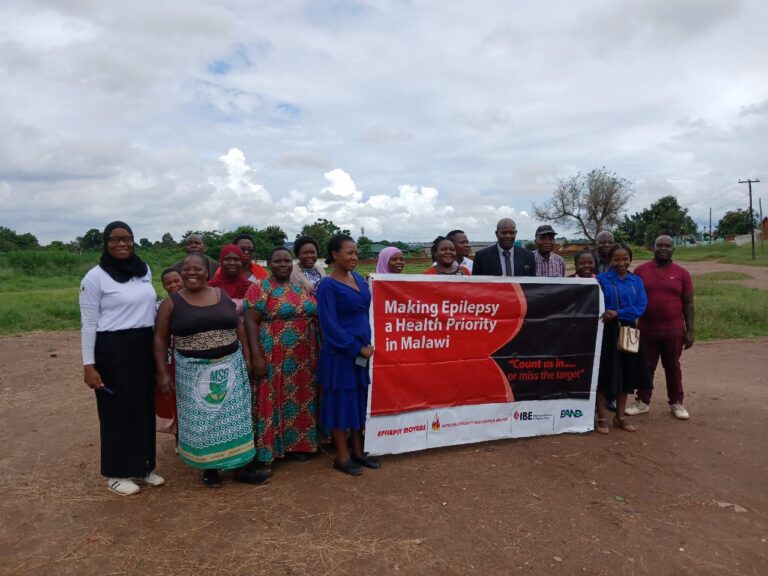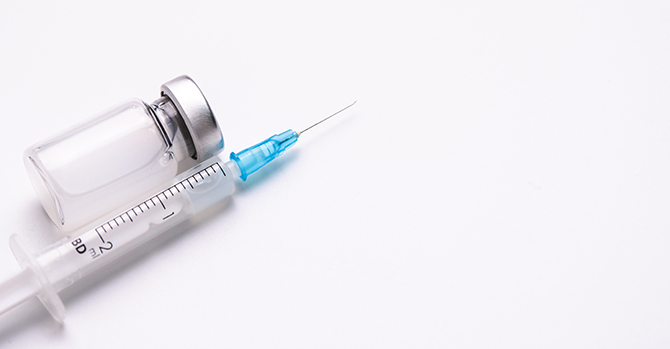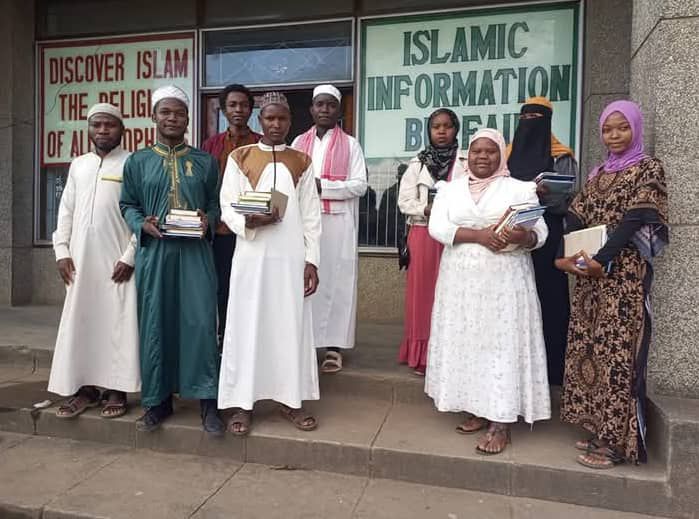
As Malawi commemorates this year’s world Aids Day, some youths have expressed the need for more youth related HIV/AIDS prevention strategies.
Speaking in random interviews, the youth say most of the strategies being used are outdated which prohibits most of them from developing interest in such strategies
According to the youths there is need to improve the way the messages are being formed to attract their attention
The 2021 HIV Epidemiological Estimates by National Aids Commission (NAC) shows that the country is still registering new HIV infections among adolescent Girls and Young Women aged 25 to 34 years
Kaleni Msisya is NAC spokesperson and concurs with the youth saying the high HIV/AIDS prevalence rate among Adolescents is fueled by peer pressure, the use of drugs and substance abuse as well as self-boarding
However, Msisya says “there is need for programmers to design and implement tailored youth-friendly interventions that address needs and aspirations of young people.”
Meanwhile speaking during the commemoration of the day in Rumphi district deputy Minister of health Chrissy Kanyasho urged stakeholders to focus their interventions to specific groups who are vulnerable to contracting HIV
Kanyasho says results of the 2020-2021 Malawi population based HIV impact assessment shows that the country has made significant progress towards achieving UNAIDS 95:95:95 HIV epidemic control targets set for 2030
“The survey shows that 88 percent of adults living with HIV are aware of their status, 98 percent are receiving ant retroviral therapy and 97 percent have achieved viral load suppression,” Kanyasho
However she says if the disparities in accessing HIV prevention and treatment services are not addressed Malawi will not attain 2030 goal of ending Aids as a public health threat
Kanyasho suggested that programs are mainstreaming covid-19 prevention measures to sustain gains made in HIV response
She called on development partners to continue supporting government towards improving domestic financing for HIV response






